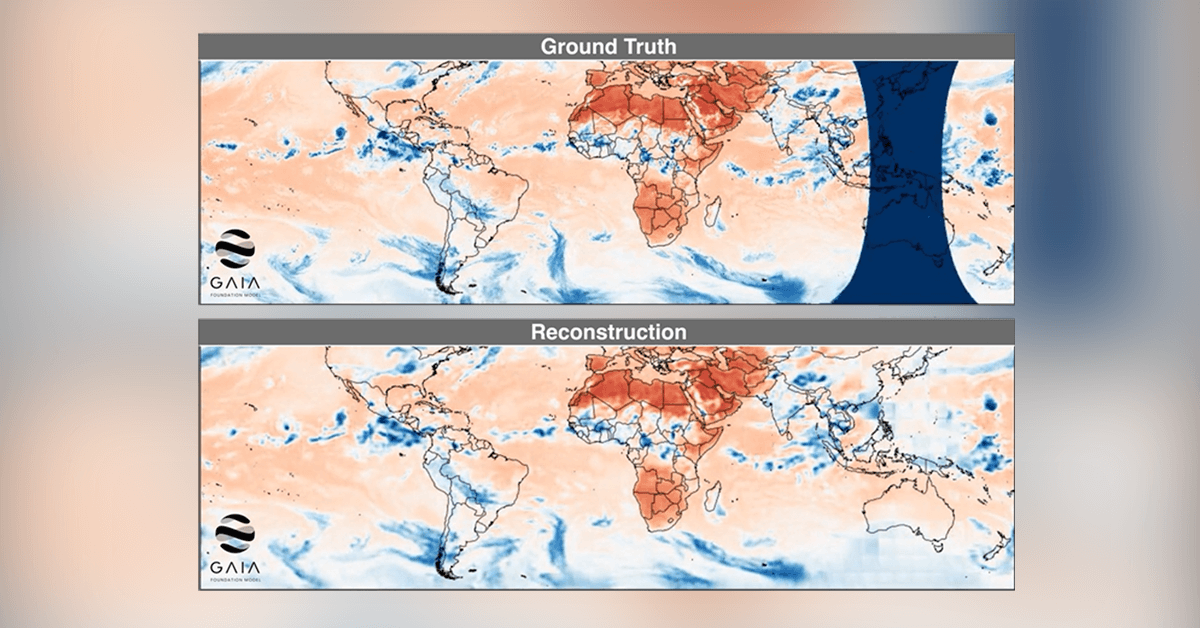The Universities Space Research Association’s Research Institute for Advanced Computer Science, in collaboration with the Boston Consulting Group’s BCG X AI Science Institute, has revealed the open-source release of the Geospatial Artificial Intelligence for Atmospheres, or GAIA, Foundation Model.
Table of Contents
Predicting Extreme Weather Conditions
USRA said Thursday the GAIA Foundation Model, built in partnership with NASA, is designed to predict and understand extreme weather events. The novel generative artificial intelligence model was developed using 25 years of data from the Geostationary Operational Environmental Satellites, European Meteosat and Japanese Himawari weather satellites to ensure global coverage. The initial release supports downstream utilization, including filling gaps in satellite coverage and boosting precipitation analysis. Furthermore, it supports tracking and forecasting of extreme weather conditions such as tropical cyclones and atmospheric rivers.
Enhancing Disaster Preparedness With Unified Foundation Model
The initiative was started in response to the increasing financial toll of natural disasters in the last two decades, which now reaches tens of billions of dollars each year. To enhance disaster preparedness, response, and recovery, researchers have shifted from traditional machine learning models to a unified global foundation model capable of handling multiple extreme weather phenomena.
“USRA is among a select group of institutions developing foundation models for satellite data. This new collaboration with USRA, BCG and NASA goes beyond the foundation model research that USRA and NASA are already doing for Earth observation and space weather – it takes it a step further into tracking and forecasting extreme weather applications,” said Elsayed Talaat, president and CEO of USRA.





